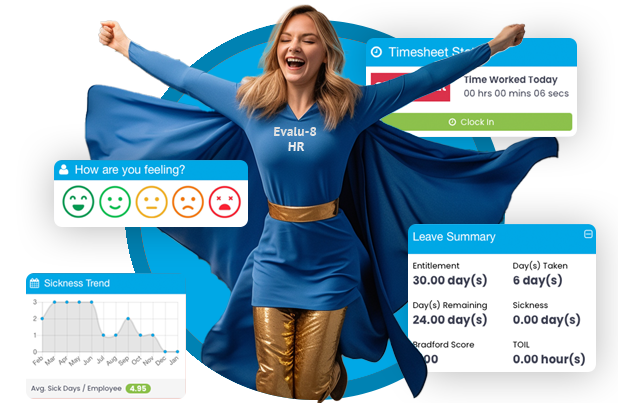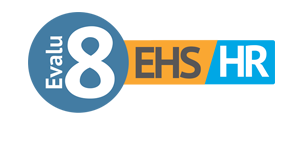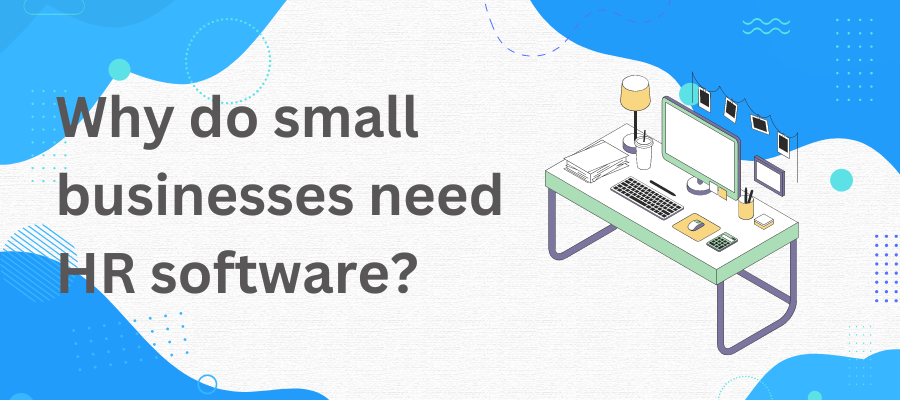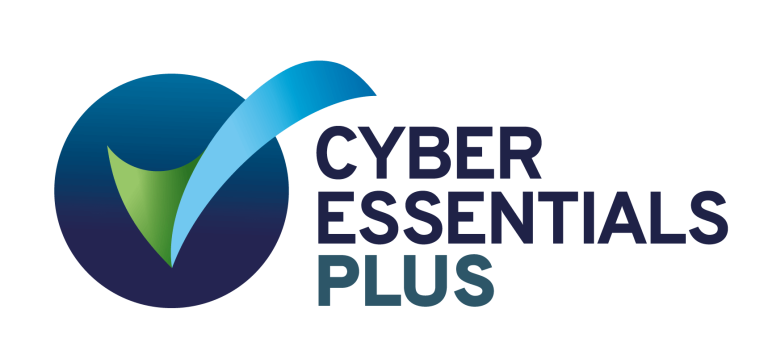Small businesses are the backbone of many economies, providing jobs and contributing to local communities. However, running a small business comes with numerous challenges, especially when it comes to human resources management. That’s where HR software can make a significant difference. In this article, we will explore the role of HR software, discuss its importance for small businesses, evaluate its benefits, and address the challenges that may arise during implementation.
Understanding the Role of HR Software
Before diving into the benefits and challenges, it’s essential to define what HR software is and understand its key functions.
Defining HR Software
HR software, also known as human resources software, is a technological solution designed to automate and streamline various HR processes within an organization. From recruitment and talent management to payroll and employee benefits administration, HR software provides a centralized platform for managing all aspects of the employee lifecycle.
But what exactly does HR software do? Let’s take a closer look at its key functions.
Key Functions of HR Software
HR software encompasses a range of functionalities that simplify HR tasks and improve efficiency. These include:
Employee data management: HR software allows businesses to maintain accurate and up-to-date employee records, including personal information, employment history, and performance evaluations.
Managing employee data is crucial for HR departments. With HR software, businesses can easily store and access employee information, ensuring that it is always up-to-date. This includes personal details such as contact information and emergency contacts, as well as employment history, including previous positions held and dates of employment. Additionally, performance evaluations can be stored and tracked, allowing HR professionals to monitor employee progress and identify areas for improvement.
Recruitment and onboarding: With HR software, small businesses can streamline the hiring process by posting job openings, receiving applications, scheduling interviews, and tracking candidate progress.
Recruiting and onboarding new employees can be a time-consuming process. However, with HR software, businesses can automate various aspects of recruitment, making it more efficient. HR software allows companies to post job openings on multiple platforms, reaching a wider pool of candidates. It also enables businesses to receive applications online, eliminating the need for manual paperwork. Furthermore, HR software simplifies the scheduling of interviews and helps track candidate progress, ensuring a smooth and organized hiring process.
Time and attendance tracking: By automating timekeeping and attendance management, HR software helps businesses accurately monitor employee work hours, overtime, and leave.
Tracking employee time and attendance is crucial for businesses to ensure accurate payroll processing and compliance with labor laws. HR software simplifies this process by automating timekeeping. Employees can clock in and out electronically, eliminating the need for manual timesheets. HR software also helps track overtime hours and manage employee leave, ensuring that businesses have a clear overview of their workforce’s availability and productivity.
These are just a few examples of the key functions of HR software. In addition to these, HR software may offer features such as performance management, training and development, benefits administration, and more. By automating and centralizing HR processes, HR software empowers businesses to streamline their operations, improve efficiency, and enhance the overall employee experience.
The Importance of HR Software for Small Businesses
While HR software is beneficial for businesses of all sizes, its advantages are particularly significant for small businesses with limited resources. Implementing HR software can have a transformative impact on the efficiency and effectiveness of HR operations, enabling small businesses to streamline administrative tasks, enhance employee management, and ensure legal compliance.
Streamlining Administrative Tasks
Small business owners often find themselves juggling multiple responsibilities, including HR-related administrative tasks. From managing employee records to processing payroll, these tasks can be time-consuming and prone to errors. However, with the implementation of HR software, small businesses can automate these processes, freeing up valuable time that can be better allocated to core business functions. The software can handle tasks such as employee onboarding, leave management, and benefits administration, reducing the administrative burden on HR personnel and improving overall efficiency.
Moreover, HR software provides a centralized platform for storing and accessing employee data, eliminating the need for manual record-keeping and reducing the risk of data loss. This ensures that important information, such as employee contracts, performance evaluations, and training records, is easily accessible and securely stored.
Enhancing Employee Management
Managing employees effectively is crucial for small businesses. HR software provides tools for tracking employee performance, setting goals, and conducting performance reviews. By automating these processes, the software promotes transparency and helps businesses nurture talent. Managers can easily monitor employee progress, identify areas for improvement, and provide timely feedback, fostering a culture of continuous growth and development.
Furthermore, HR software often includes features that facilitate communication and collaboration among employees. It may offer self-service portals where employees can access their personal information, request time off, or enroll in training programs. This self-service functionality empowers employees, reduces administrative overhead, and fosters a sense of ownership and responsibility.
Ensuring Legal Compliance
Complying with employment laws and regulations can be complex and time-consuming. Small businesses, in particular, may lack the resources or expertise to navigate the ever-changing legal landscape. HR software helps small businesses stay updated with the latest legal requirements, ensuring they remain in compliance and avoid potential penalties or legal issues.
HR software often includes features such as automated compliance checks and built-in legal libraries, providing businesses with access to up-to-date information and resources. It can assist in managing employee contracts, tracking leave entitlements, and generating accurate reports for government agencies. By automating compliance processes, HR software minimizes the risk of errors and helps small businesses maintain a strong legal foundation.
In conclusion, HR software offers numerous benefits for small businesses. By streamlining administrative tasks, enhancing employee management, and ensuring legal compliance, it empowers small businesses to focus on their core operations and achieve sustainable growth. Investing in HR software is a strategic decision that can yield significant long-term advantages, enabling small businesses to thrive in a competitive business landscape.
Evaluating the Benefits of HR Software
Investing in HR software offers numerous benefits that can positively impact small businesses.
Cost and Time Efficiency
HR software streamlines time-consuming tasks and reduces manual errors, leading to cost and time savings. By automating processes such as payroll, benefits administration, and time tracking, businesses can allocate resources more effectively.
Improved Data Management
With HR software, small businesses can centralize employee data, making it easily accessible and secure. Digitizing employee records ensures data accuracy, enables efficient reporting and analysis, and facilitates compliance with data protection regulations.
Enhanced Employee Engagement
Engaged employees are more productive, committed, and satisfied. HR software provides self-service portals that empower employees to access information, submit leave requests, update personal details, and engage in performance management activities, fostering a culture of transparency and collaboration.
Overcoming Challenges in Implementing HR Software
Despite its numerous benefits, implementing HR software can sometimes present challenges for small businesses.
Addressing Cost Concerns
Small businesses may worry about the cost implications of HR software. However, there are various affordable options available, including cloud-based solutions with flexible pricing plans. With careful evaluation and budget planning, small businesses can find a solution that meets their needs.
Ensuring User-Friendly Experience
Another challenge is ensuring that the HR software is user-friendly and easily adopted by all employees. Choosing an intuitive interface and providing adequate training can help mitigate resistance to change and maximize the software’s effectiveness.
Managing Data Security and Privacy
Protecting sensitive employee data is critical for small businesses. It’s important to select HR software that prioritizes data security, compliance with privacy regulations, and offers data backup and recovery measures.
In conclusion, HR software is not just for large corporations; it’s vital for small businesses too. By embracing HR software, small businesses can streamline administrative tasks, enhance employee management, ensure legal compliance, and benefit from cost and time efficiency, improved data management, and enhanced employee engagement. While challenges may arise during implementation, addressing cost concerns, ensuring user-friendliness, and prioritizing data security can help small businesses overcome any obstacles. With the right HR software in place, small businesses can better focus on their core operations while optimizing their human resources processes.
See the quick demo now
Before we show you the quick demo, we need to make sure you are a real person.

More from the HR Blog



